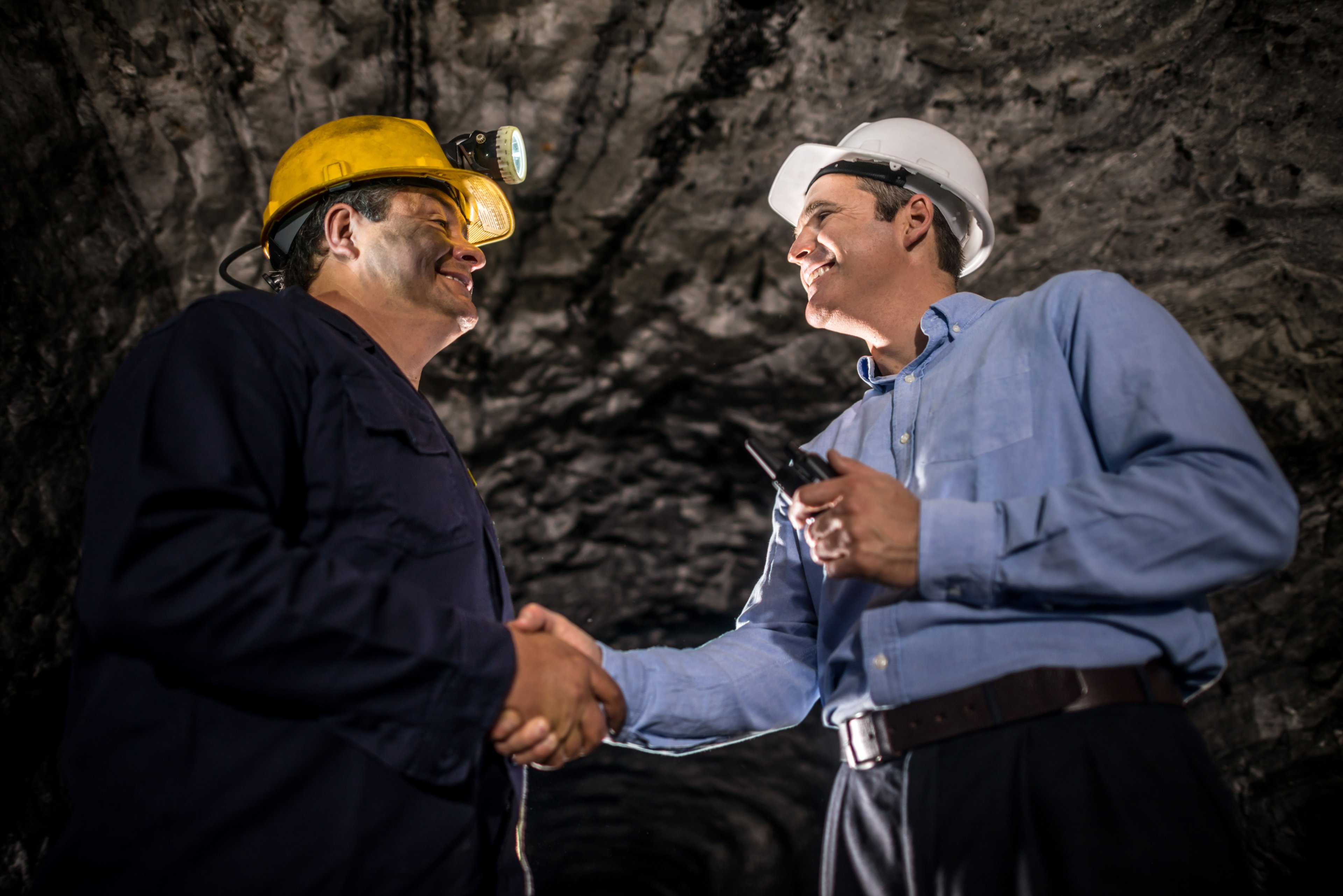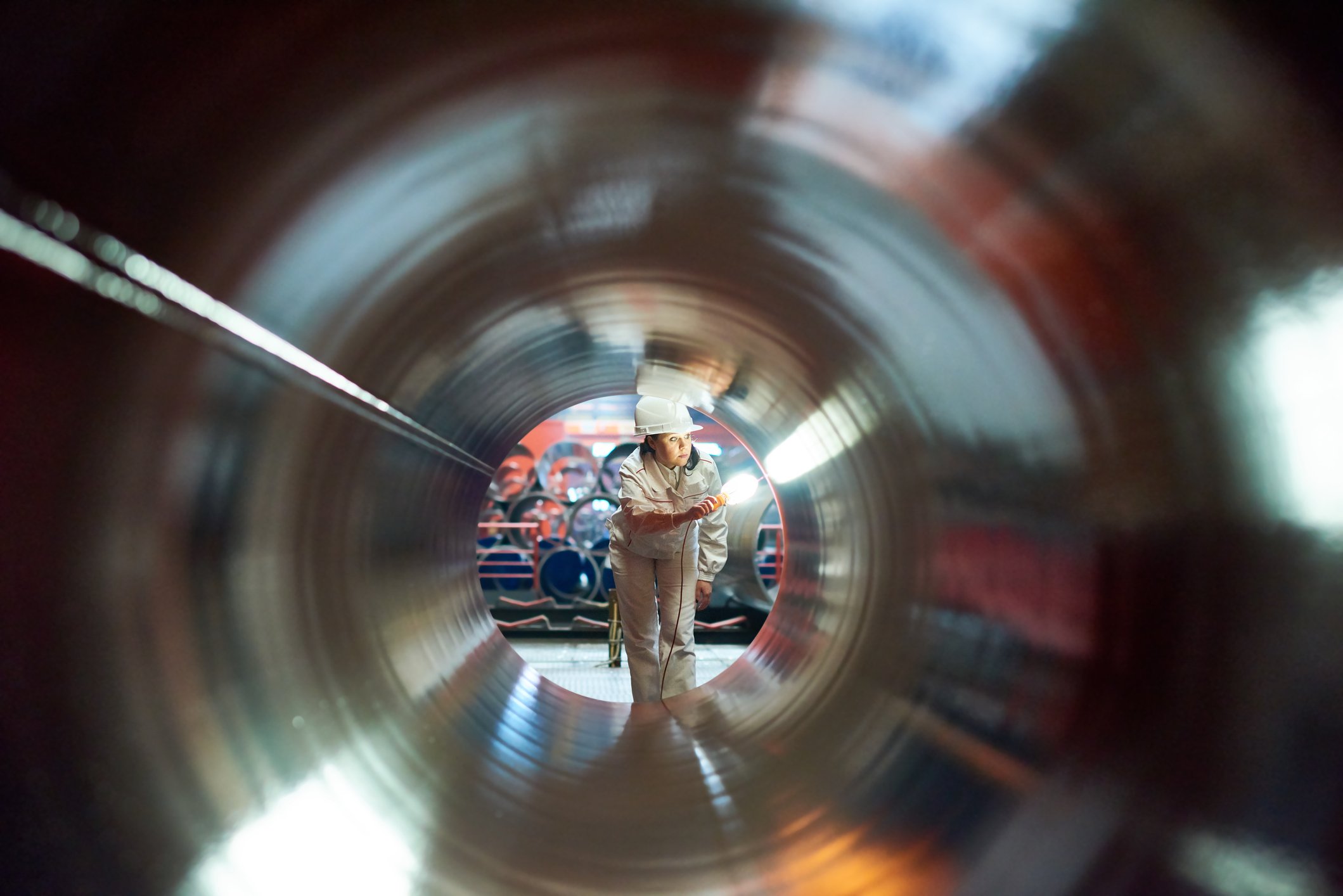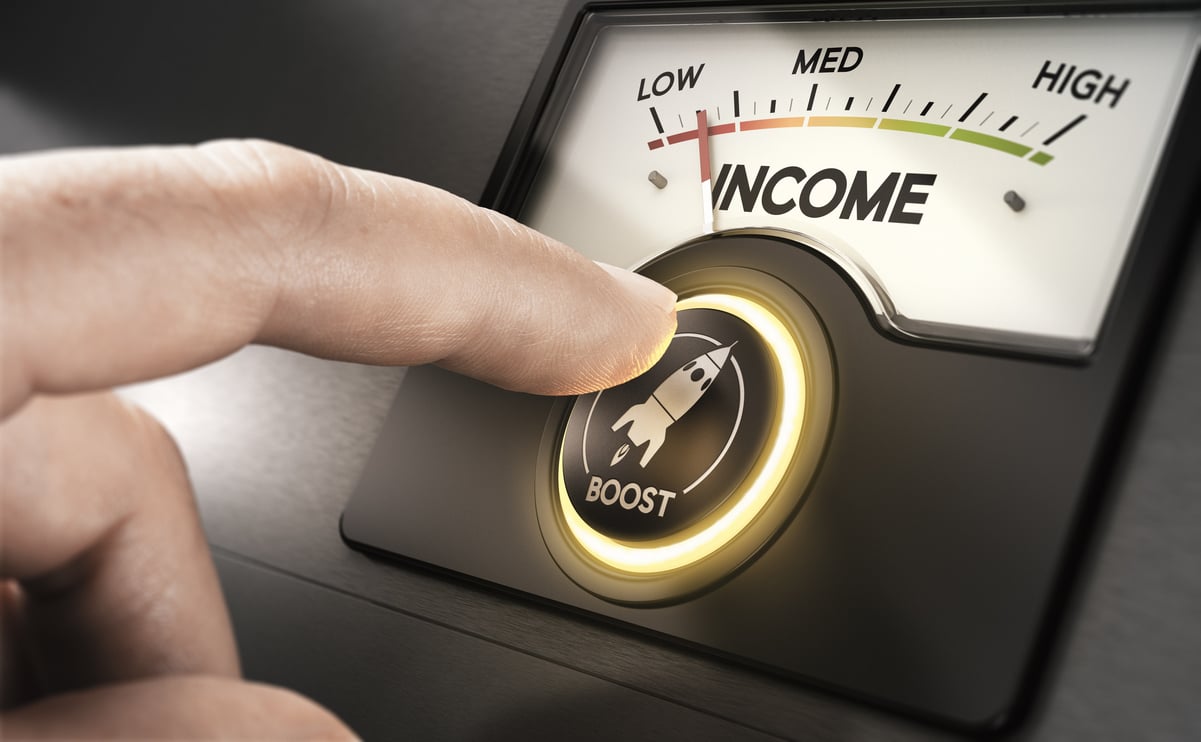Energy services companies Schlumberger (SLB 0.34%) and Halliburton (HAL 0.12%) have been operating at a loss for years since the oil downturn hit. Last week, Schlumberger's CEO told investors that they're done with that -- going forward, the company will only engage in work that is profitable.
In this segment from Industry Focus: Energy, Sean O'Reilly and Taylor Muckerman talk about just what that means for Halliburton and Schlumberger, what it will mean for shareholders of both companies, and how it's going to affect the energy sector at large.
A full transcript follows the video.
This podcast was recorded on Oct. 27, 2016.
Sean O'Reilly: Speaking of seriousness, I take this gentleman very seriously. Battle brewing in the oil-services sector. As we mentioned, oil may or may not be on the cusp of a modest rebound. After two years of taking a shellacking, Paal Kibsgaard, the CEO of Schlumberger, told investors on Friday that going forward, his firm will only engage -- "only" being the operative word there -- in work that is profitable. They just reported an 82% drop in third-quarter profits. Halliburton made, what, $6 million?
Taylor Muckerman: Yeah, but their first net revenue increase in seven quarters for Halliburton. So they're actually doing a little bit better, because they have more exposure to North America, where you've seen an uptick in activity, versus internationally, where Halliburton doesn't really expect an international rebound until earlier next year.
O'Reilly: What was your first reaction when you heard this?
Muckerman: My first reaction was, it had to happen sometime. They gave tremendous pricing concessions to customers. Halliburton even went so far as to open up a new business arm to help finance some of their customers' activity. So they're loaning money so that the company can pay it right back to them for the services with interest.
And then, Schlumberger was also granting concessions in terms of payment-due dates. They're going to start clamping down on that again. Halliburton said, "We're going to start focusing more on returns and asset utilization than margins and revenue growth," which comes as a little bit of a surprise, because you traditionally think, public companies, revenue growth, margins is all the rage. But they're going to focus more on returns, like you mentioned, taking projects that are profitable and trying to negotiate prices somewhat closer to what they were before November of 2014. But Schlumberger's CEO did, quote-unquote, "confirm we have reached the bottom of the cycle."
O'Reilly: Do you believe him?
Muckerman: I don't know how long the bottom's going to be here, but it seems like, potentially, that could be the case, because you did see an uptick in rig activity in the U.S. Granted, Halliburton says that seems to be smaller companies with less capital-intensive projects bringing these rigs on. You're not seeing people start to drill humongous laterals and multistage fracking again. But you are seeing activity come back.
O'Reilly: Rig count has been ticking up a little bit.
Muckerman: Rig count is up; I think it was double digits this last week or month. That's been consecutive weeks for the last couple months, where you've seen rigs being added. But if they're not being added to very capital-intensive projects, then that's not the profitability that Halliburton and Schlumberger are looking for. Halliburton is saying that they have the strongest North American market share that they've ever had, they believe, as a company.
O'Reilly: Well, if your competition is going bankrupt ...
Muckerman: Yeah, this is true. But hey, that's what happens when you're the biggest dog in the market.
O'Reilly: Last man standing, yeah. Sorry to interrupt, but I'm super interested to see what Robert Workman, CEO of DistributionNOW (DNOW +0.67%), says when they report on Nov. 2. They distribute all the parts for these rigs. They have, like, 300,000 individual nuts and bolts and tools and all this stuff.
Muckerman: Yeah, trying to standardize everything.
O'Reilly: When Tyler Crowe and I went down to Houston a little over a year ago, and we sat down with him and a couple other oil CEOs, Workman told me when the rebound happens, they will be the first to know. Because when you have a rig that's been sitting idle for a few years and it's been rusting -- I mean, things happen to these rigs as they age ...
Muckerman: It's like your body -- if you don't use it, you lose it. If they stack these rigs, yeah, they're going to have a much shorter shelf life. Which is kind of surprising. You think, you let something idle, you can kick it back up and it'll have the same lifespan. But no, that's not the case. And they're stripping them off and using those parts to replace parts on rigs in circulation. So, yeah, they're running the inventory dangerously low.
O'Reilly: Yeah, Nov. 2 will be very interesting.
Muckerman: I agree. Different perspective. It's one step closer to the bottom of the vertical, because the parts are first, and then the machines and the activity are second.
O'Reilly: And, eventually, new orders. Really quick, before we move on, if you're an investor in Schlumberger or Halliburton, how should you be taking this? This is good, right? They're demanding more money.
Muckerman: Yeah, they're demanding more money, they see that the cycle is either bottomed or very near the bottom. At least, internationally, near the bottom. North America specifically, Halliburton says it's in, we're already seeing an increase. So, yeah, I think you feel good about it, being invested in these companies. I'm a Halliburton shareholder, I feel good. I wish I added more in the last year or so, but I didn't. But that's still top of mind. Maybe OPEC doesn't agree to a cut, and we get another opportunity, which I plan not to miss, if that's the case. I think you have to feel good about being a shareholder of these companies, and generally looking at the energy market, I'm positive on it, absolutely.








